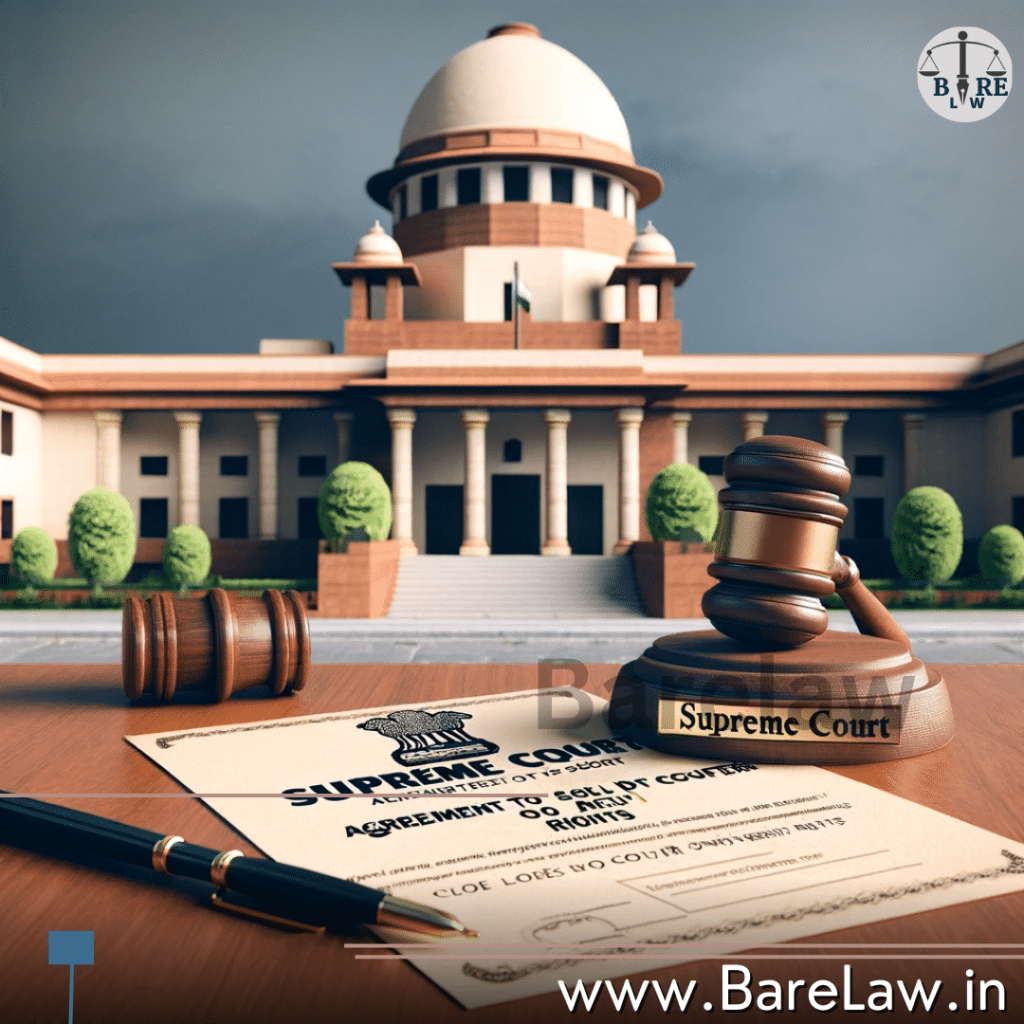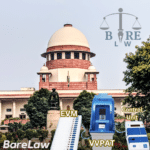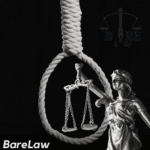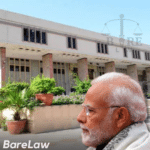
Supreme Court Upholds SRA’s Authority in Slum Rehabilitation Schemes, Rejects Private Agreements
Date: December 2023
In a landmark judgment on December 15, the Supreme Court of India reinforced the authority of the Slum Rehabilitation Authority (SRA) in overseeing slum rehabilitation schemes, unequivocally stating that private agreements cannot override the statutory mandates of the SRA. This decision is a significant step in ensuring the integrity of slum rehabilitation processes and the welfare of the slum dwellers.
The case in question revolved around the Slum Rehabilitation Scheme for the slum at CS No. 1(pt) of Lower Parel Division at J.R. Boricha Marg. This project, intended for the rehabilitation of 1,765 slum dwellers, involved the construction of nine towers, of which three (Towers A, B, and C) have already been completed and 473 slum dwellers have been relocated.
The dispute arose when a minority faction of the slum dwellers, organized as the “Sayunkta Sangharsh Samiti” (SSS), formed a private agreement with the developer, Lokhandwala Kataria Constructions. This agreement, which was reached without involving the SRA, sought to give preferential allotment to the members of SSS in the remaining towers, in contradiction to the SRA’s established procedures.
The Supreme Court, in its ruling, emphasized that such private arrangements, which go against the statutory procedures and policies of the SRA, cannot be legally upheld. The Court observed that the SRA, as per the Maharashtra Slum Areas (Improvement, Clearance and Redevelopment) Act, 1971, is the final authority in implementing slum rehabilitation schemes. The Court also referenced the precedent set by the Bombay High Court in Smt. Usha Dhondiram Khairnar and Others v. State of Maharashtra and Others, where it was established that the SRA should adhere to its own policies and circulars, without being influenced by private or contractual interests.
The Supreme Court’s decision is a reaffirmation of public policy and welfare over private interests, ensuring that the SRA’s statutory mandate is respected and adhered to in the implementation of slum rehabilitation schemes. This ruling also serves as a warning to developers and other private parties who might attempt to bypass the SRA’s authority and established procedures.
The Court also directed the SRA to scrutinize the Developer’s conduct for bypassing statutory procedures and to take appropriate action. This direction underscores the responsibility of developers in adhering to legal frameworks and procedures in slum rehabilitation projects.
This ruling is a significant step in safeguarding the rights and welfare of the slum dwellers, ensuring that they are not subjected to arbitrary or preferential treatment at the hands of private entities. It reinforces the authority of the SRA in managing slum rehabilitation schemes and upholds the principles of fairness and legality in such developmental projects.
Sources: The Indian Lawyer, Law Web, Law Insider India, The Law Advice, and Court Cast





